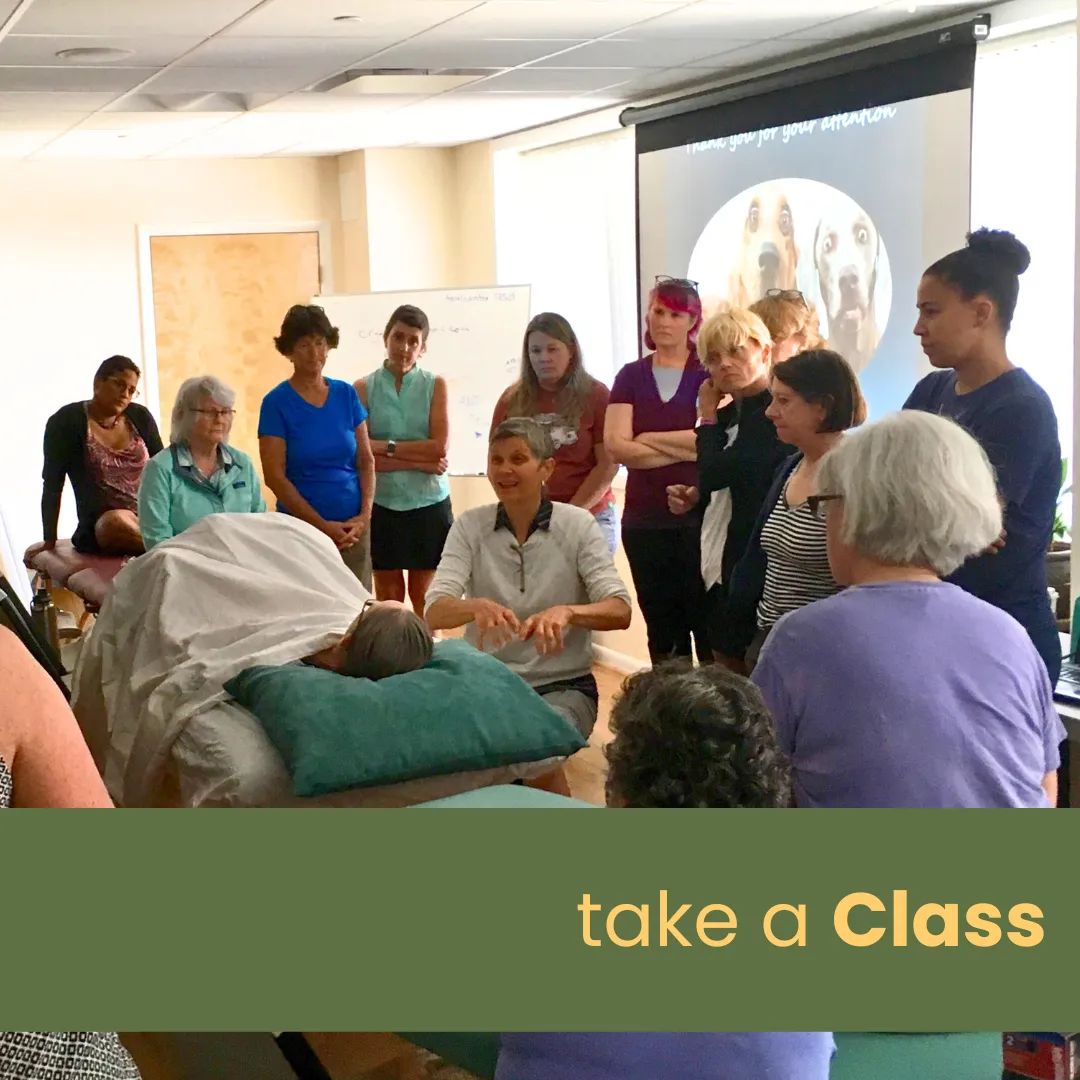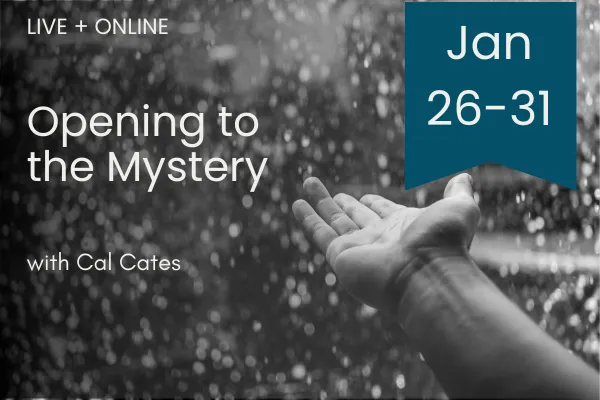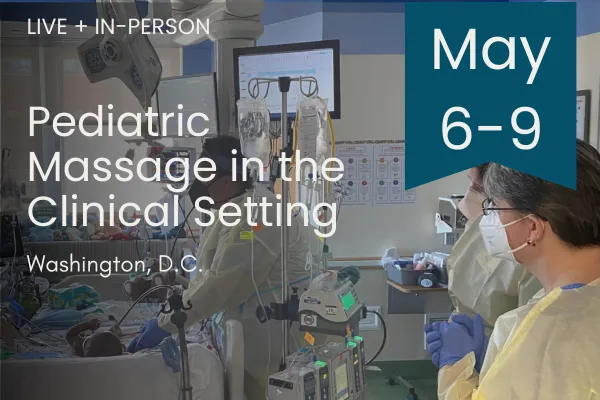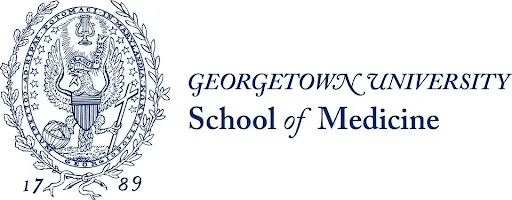Video
Latest Podcast Episodes
About
We touch people affected by illness. We teach massage therapists how to provide care safely and effectively. We advocate for access to that care and for a broader role for massage therapists in healthcare.
Take Action
Donations made to Healwell help us invest in research, advocacy, and solutions.
You also provide better days for people affected by serious illness, including their caregivers and providers.
Research
Connect With Us:

Contact Us:
2300 Wilson Blvd., Suite 700
Arlington, VA 22201























